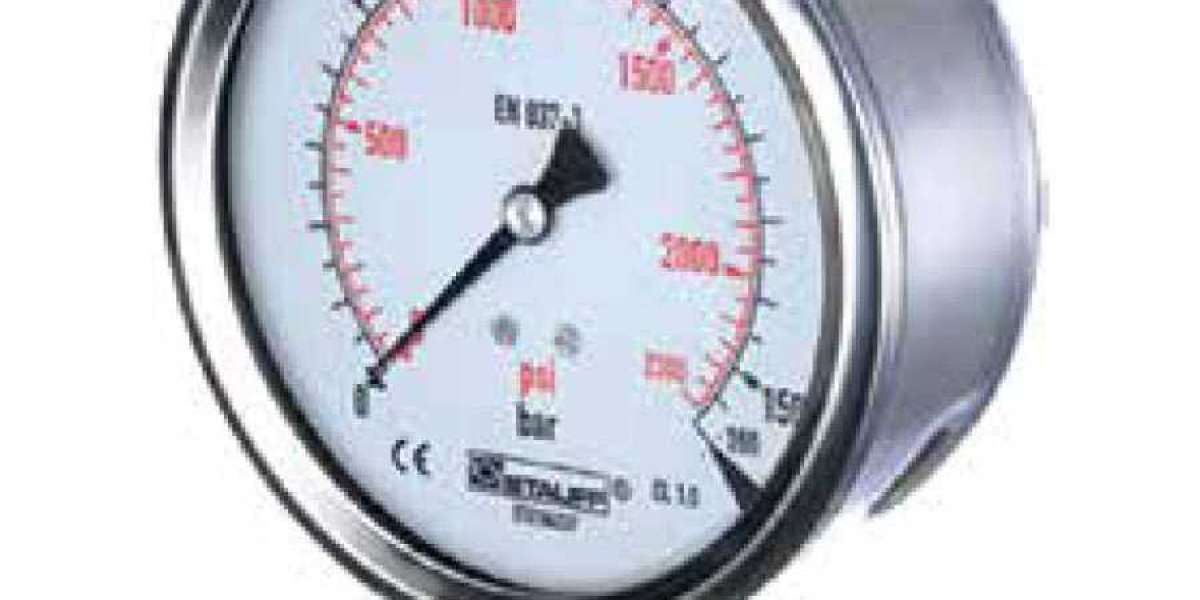In industries across Australia, precision and reliability are critical to ensure product quality, operational efficiency, and safety. One key service that plays a pivotal role in maintaining these standards is calibration. Australian calibrating services are essential in ensuring that measuring instruments and equipment provide accurate and consistent results. Whether it's for scientific research, manufacturing, healthcare, or any other field requiring precise measurements, calibration ensures that instruments are functioning correctly and within regulatory standards.
What Are Australian Calibrating Services?
Australian calibrating services refer to the process of adjusting, testing, and verifying the accuracy of various measuring instruments and equipment. This can include a wide range of devices, such as temperature sensors, pressure gauges, weights and measures, electrical meters, and more. Calibration is performed to ensure that instruments produce correct readings within acceptable tolerance limits. Calibrating services in Australia are offered by specialized companies equipped with the expertise, tools, and facilities to handle a wide array of instruments across different industries.
Why is Calibration Important?
Ensuring Accuracy and Consistency: Calibration ensures that instruments are accurate and provide consistent readings. For example, in manufacturing, precision is required to create products that meet quality standards. Similarly, in healthcare, accurate medical equipment measurements can be the difference between correct diagnoses and treatments. Regular calibration helps maintain the reliability of instruments, ensuring their readings are precise.
Compliance with Regulatory Standards: Various industries in Australia are subject to strict regulations that require the use of calibrated instruments. For instance, in the food and beverage industry, accurate temperature control is crucial for food safety. In the medical field, health practitioners rely on calibrated diagnostic tools to ensure the proper functioning of life-saving devices. Australian calibrating services help businesses and organizations stay compliant with industry standards, such as those set by the National Association of Testing Authorities (NATA), and avoid legal and financial penalties.
Minimizing Risks and Errors: Using uncalibrated or faulty equipment can lead to errors that affect the safety of products or processes. In sectors like manufacturing or pharmaceuticals, even minor inaccuracies in measurements can result in defective products or hazardous situations. Calibration mitigates these risks by verifying that all instruments are working properly and within tolerance levels, which ultimately protects businesses and their customers.
Who Needs Australian Calibrating Services?
A wide variety of industries rely on calibrating services to maintain their equipment’s accuracy and reliability. Some of the key sectors include:
Manufacturing: Precision measurements are essential for the production of high-quality goods, from automotive parts to electronics.
Healthcare: Accurate medical equipment calibration is critical for patient safety, including diagnostic tools like blood pressure monitors and defibrillators.
Food and Beverage: Calibration ensures that temperature, weight, and volume measurements align with food safety standards.
Scientific Research: Laboratories require highly accurate instruments to ensure the validity of experiments and results.
How Australian Calibrating Services Work
Australian calibrating services typically involve several steps:
Initial Assessment: A technician inspects the equipment to determine its condition and identifies calibration needs.
Testing and Adjustment: The equipment is tested against known reference standards to identify any discrepancies, and adjustments are made to restore accuracy.
Verification: After calibration, the instrument is verified to ensure it is now within tolerance and working correctly.
Certification and Documentation: Once the calibration is complete, the service provider often provides a calibration certificate, confirming that the instrument meets regulatory standards and is accurate.
Conclusion
Australian calibrating services are essential for maintaining accuracy, safety, and compliance in various industries. By regularly calibrating instruments, businesses can ensure precise measurements, minimize errors, and reduce risks. Whether in manufacturing, healthcare, or scientific research, calibration services help ensure the reliability and safety of equipment, ultimately improving overall operational efficiency. In an increasingly regulated environment, businesses that rely on accurate data and measurements must prioritize calibration to maintain quality and regulatory compliance.
For more details, visit us:



